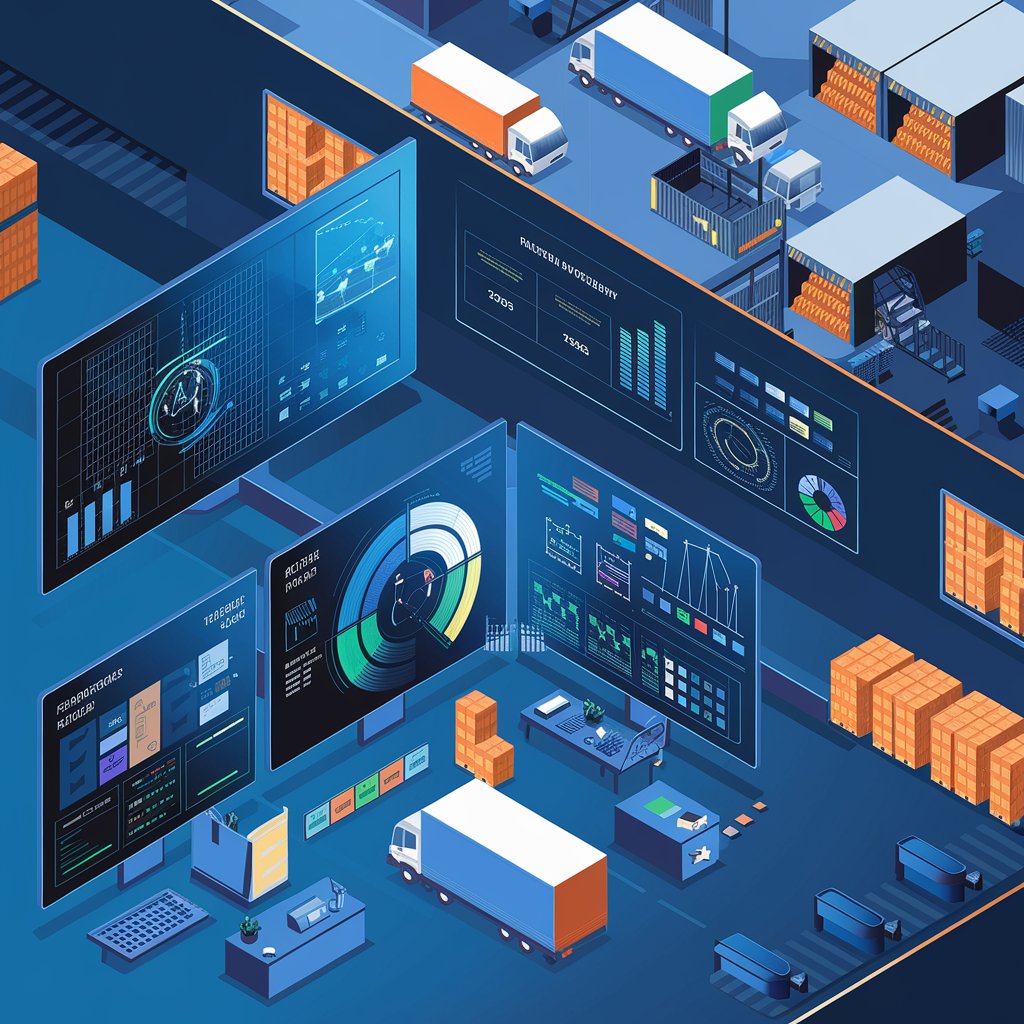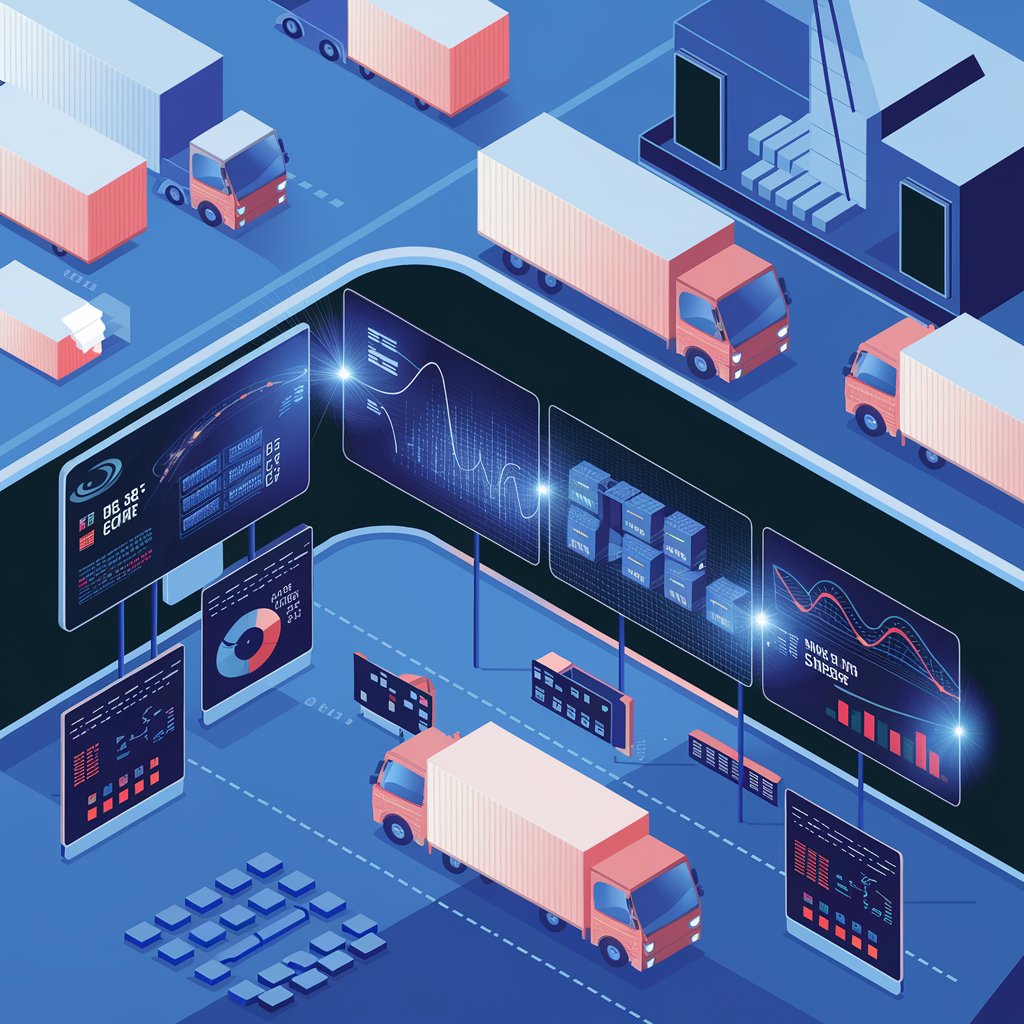Comprehensive Guide to Logistics Software: Streamlining Your Supply Chain

What is Logistics Software?
Logistics software is a specialized technology solution designed to manage and optimize various aspects of the supply chain. It encompasses a range of functionalities, including:
- Inventory management
- Order processing
- Warehouse management
- Transportation planning
- Route optimization
- Real-time tracking
- Analytics and reporting
By integrating these functions into a single platform, logistics software provides a comprehensive view of your supply chain operations, enabling better decision-making and improved efficiency.
Key Benefits of Implementing Logistics Software
- Enhanced Visibility: Gain real-time insights into inventory levels, shipment status, and overall supply chain performance.
- Improved Efficiency: Automate manual processes, reduce errors, and streamline workflows across your logistics operations.
- Cost Reduction: Optimize routes, reduce waste, and improve resource allocation to minimize operational costs.
- Better Customer Service: Provide accurate delivery estimates and real-time tracking information to enhance customer satisfaction.
- Data-Driven Decision Making: Leverage analytics and reporting features to make informed strategic decisions based on historical and real-time data.

Choosing the Right Logistics Software
When selecting logistics software for your business, consider the following factors:
- Scalability: Ensure the software can grow with your business and handle increasing volumes of data and transactions.
- Integration Capabilities: Look for solutions that can seamlessly integrate with your existing systems, such as ERP or CRM platforms.
- User-Friendliness: Opt for intuitive interfaces that require minimal training for your team to adopt and use effectively.
- Customization Options: Choose software that can be tailored to your specific industry needs and business processes.
- Mobile Accessibility: In today’s mobile-first world, having access to your logistics data on-the-go is essential.
- Security Features: Ensure the software has robust security measures to protect your sensitive business data.
- Support and Training: Consider the level of customer support and training provided by the software vendor.
Implementing Logistics Software: Best Practices
- Define Clear Objectives: Establish specific goals for what you want to achieve with the software implementation.
- Involve Stakeholders: Engage key team members from various departments in the selection and implementation process.
- Data Migration: Plan carefully for transferring existing data to the new system to ensure accuracy and completeness.
- Phased Rollout: Consider implementing the software in stages to minimize disruption and allow for adjustments.
- Continuous Training: Provide ongoing training to ensure your team is making the most of the software’s capabilities.
Regular Evaluation: Continuously assess the software’s performance against your objectives and make adjustments as needed.

The Future of Logistics Software
As technology continues to evolve, logistics software is incorporating advanced features such as:
- Artificial Intelligence for predictive analytics
- Internet of Things (IoT) for enhanced tracking and monitoring
- Blockchain for improved transparency and security
- Machine Learning for optimized decision-making
Staying informed about these trends can help you choose a forward-thinking solution that will serve your business well into the future.

Conclusion
Implementing the right logistics software can transform your supply chain operations, leading to increased efficiency, reduced costs, and improved customer satisfaction. By carefully considering your business needs and following best practices for selection and implementation, you can harness the full power of logistics software to drive your business forward.
For businesses looking to revolutionize their logistics operations, Linbis logistics software offers a comprehensive suite of tools designed to optimize every aspect of your supply chain. With its user-friendly interface, robust features, and scalable architecture, Linbis empowers businesses of all sizes to streamline their logistics processes and stay ahead in today’s competitive marke
